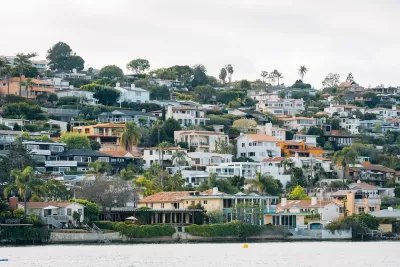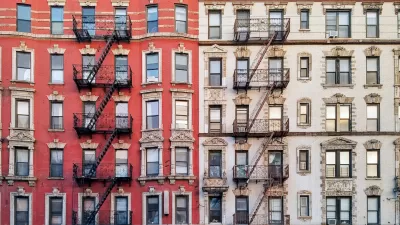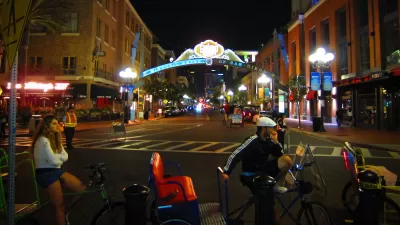Since enacting a spate of regulations on short-term rentals, the city has removed over 7,000 illegal listings from online platforms.

A year after San Diego began requiring licenses for short-term rentals, the city says it has removed over 7,000 illegal listings from online platforms.
According to an article by Lori Weisberg and Roxana Popescu in The San Diego Union-Tribune, “Among the almost 1,800 cases the city has processed, there were nearly 500 unlicensed rentals, more than 400 units that didn’t post a host’s contact information so it was visible to the public, and dozens more instances where hosts were unresponsive to complaints about noise.”
Last year’s ordinance was the city’s first attempt to regulate rentals under 30 days. It caps licenses at one per person and citywideSTRs at 6,592. “Current regulations allow just one license per person, plus a citywide cap of 6,592 licenses for the rental of entire homes for at least 90 days out of the year. Since May of last year, the city has issued more than 5,800 two-year licenses – at a cost of $1,000 each – for whole-home rentals throughout the city.”
Most owners have complied with regulations, and the city only assessed six $1,000 fines. “Revenue to the city from license and application fees has generated more than $7.5 million as of June 30, which so far has more than covered program enforcement costs of over $6.7 million.”
While the city relied on an external analyst to identify non-compliant listings over the last year, the new budget doesn’t include funding for the company. The city plans to rely on STR platforms to self-report listings, which could reduce the effectiveness of the program.
City officials are meeting to discuss potential changes to the program, acknowledging that some owners have gone to unexpected lengths to subvert the rules and operate multiple rentals.
FULL STORY: San Diego’s short-term rental regs a year later: Is the city cracking down on scofflaws?

Alabama: Trump Terminates Settlements for Black Communities Harmed By Raw Sewage
Trump deemed the landmark civil rights agreement “illegal DEI and environmental justice policy.”

Planetizen Federal Action Tracker
A weekly monitor of how Trump’s orders and actions are impacting planners and planning in America.

How Atlanta Built 7,000 Housing Units in 3 Years
The city’s comprehensive, neighborhood-focused housing strategy focuses on identifying properties and land that can be repurposed for housing and encouraging development in underserved neighborhoods.

In Both Crashes and Crime, Public Transportation is Far Safer than Driving
Contrary to popular assumptions, public transportation has far lower crash and crime rates than automobile travel. For safer communities, improve and encourage transit travel.

Report: Zoning Reforms Should Complement Nashville’s Ambitious Transit Plan
Without reform, restrictive zoning codes will limit the impact of the city’s planned transit expansion and could exclude some of the residents who depend on transit the most.

Judge Orders Release of Frozen IRA, IIJA Funding
The decision is a victory for environmental groups who charged that freezing funds for critical infrastructure and disaster response programs caused “real and irreparable harm” to communities.
Urban Design for Planners 1: Software Tools
This six-course series explores essential urban design concepts using open source software and equips planners with the tools they need to participate fully in the urban design process.
Planning for Universal Design
Learn the tools for implementing Universal Design in planning regulations.
Jessamine County Fiscal Court
Caltrans
Institute for Housing and Urban Development Studies (IHS)
City of Grandview
Harvard GSD Executive Education
Toledo-Lucas County Plan Commissions
Salt Lake City
NYU Wagner Graduate School of Public Service





























